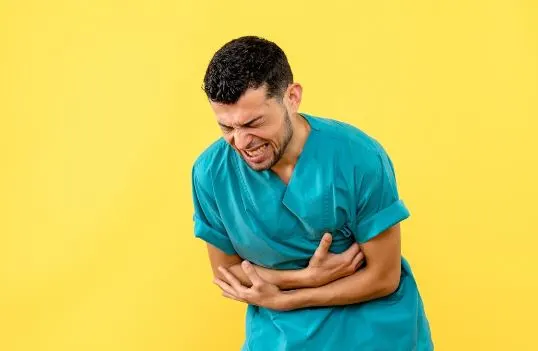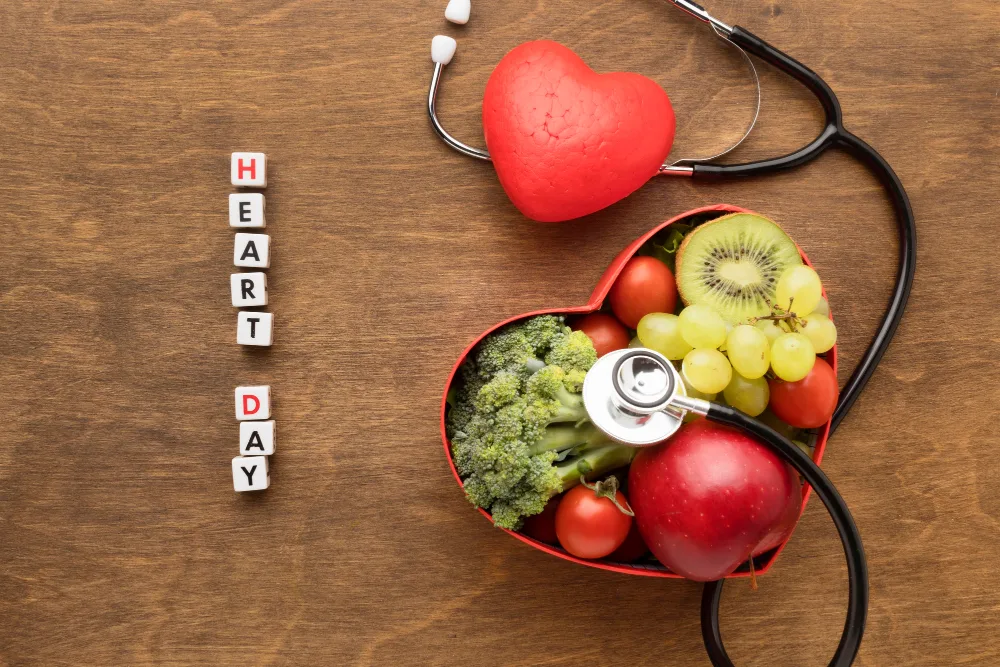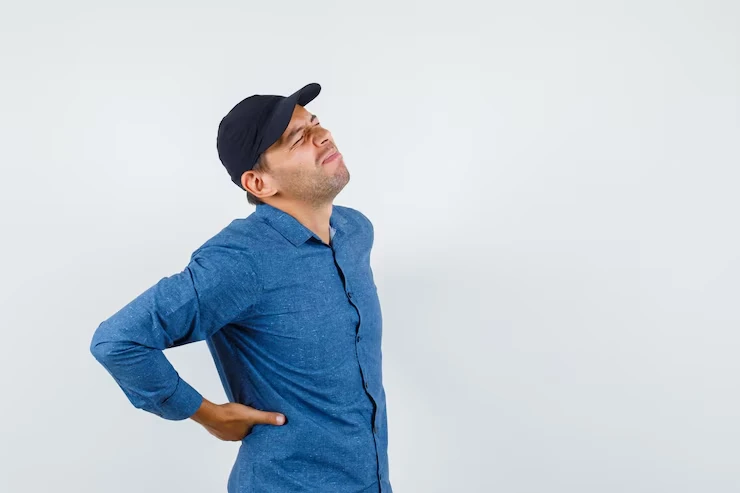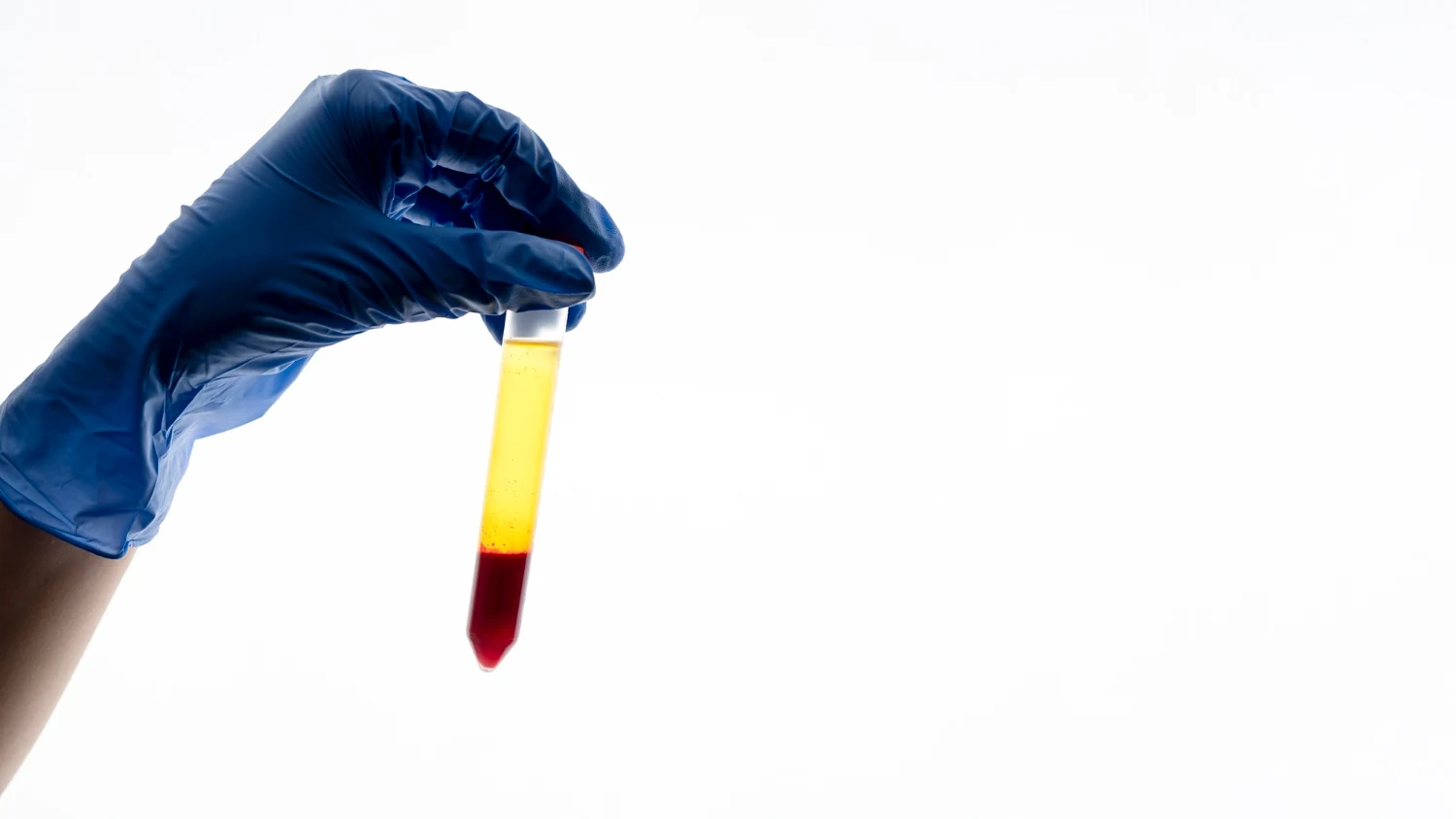Kidney Stone Symptoms: How To Identify And When To Seek Help
Category: Urology
Kidney stones are a common but often misunderstood health issue, affecting millions of people worldwide. While some are lucky enough to pass stones without severe discomfort, others experience excruciating pain and complications that demand immediate attention. The symptoms of kidney stones can vary greatly, making it difficult to identify them right away. Whether you're experiencing sharp pain, changes in your urine, or an unexplained discomfort, knowing what signs to look for is crucial. This guide delves into the unexpected symptoms of kidney stones, potential complications if left untreated, and when to seek help. Additionally, we'll explore holistic approaches, dietary adjustments, and non-surgical treatments that can help prevent future occurrences, ensuring you can take proactive steps toward better kidney health.
Symptoms You Might Not Expect
Kidney stones don't always present with the classic pain and blood in urine symptoms. There are some additional signs that could indicate their presence:
1. Changes in Urine Color or Volume
In addition to blood in the urine, kidney stones can cause the urine to become darker, cloudy, or even smell foul. Some individuals may also notice that the volume of urine they produce has decreased significantly, which could signal a blockage in the urinary tract.
2. Groin or Lower Abdomen Pain
As the stone moves toward the bladder, you may begin to feel pain that radiates from your back and sides into your lower abdomen and groin area. This type of pain is often described as a “dull ache” or “crampy sensation.”
3. Pain That Comes and Goes
Kidney stone pain can fluctuate in intensity. It may come in waves as the stone moves through the urinary tract. These episodes may last from a few minutes to several hours.
Potential Complications of Untreated Kidney Stones
If kidney stones are not treated promptly, they can lead to severe complications that might require surgical intervention:
1. Infection
When a stone causes a blockage in the urinary tract, it can lead to an infection. Urinary tract infections (UTIs) are common with kidney stones, and if left untreated, they can spread to the kidneys, causing a potentially life-threatening kidney infection.
2. Kidney Damage
A large stone or a stone that obstructs urine flow for an extended period can lead to kidney damage or even kidney failure. Chronic kidney stones can cause a gradual decline in kidney function.
3. Hydronephrosis
Hydronephrosis occurs when a kidney becomes swollen due to a blockage, often caused by a stone. If the stone is not removed, it can lead to kidney atrophy or permanent kidney damage.
When Kidney Stones Require Emergency Medical Care
In some cases, kidney stones can become a medical emergency. Recognizing when you need to seek immediate medical attention is crucial:
1. Sudden, Severe Pain
If you experience an unexpected episode of severe pain, especially if it’s accompanied by nausea, vomiting, and a fever, you may be dealing with an obstructed stone or a urinary tract infection that needs urgent care.
2. Complete Inability to Pass Urine
If you are unable to urinate at all, it may indicate that the stone is completely blocking the flow of urine. This can lead to serious complications and requires immediate attention.
3. Sharp, Radiating Pain With No Relief
If pain persists for hours without relief, especially with other symptoms like blood in the urine, fever, or chills, immediate medical intervention is essential to avoid further complications.
Holistic Approaches to Kidney Stone Prevention
While medical interventions are essential for treating kidney stones, there are also lifestyle changes and holistic practices that can help prevent future occurrences.
1. Stay Active
Physical activity can help prevent kidney stones by promoting regular urination and improving overall kidney function. Light to moderate exercise like walking can significantly reduce the chances of stone formation.
2. Herbal Remedies and Supplements
Some herbs and supplements, such as potassium citrate, magnesium, and chanca piedra, are believed to help break down kidney stones or prevent their formation. Consult with a healthcare provider before incorporating these into your routine.
3. Monitor Urine pH
Your urine’s pH can affect the formation of certain types of kidney stones. Drinking alkaline water or consuming foods that balance the pH of your urine can reduce the risk of forming stones, especially uric acid stones.
4. Avoid Excessive Vitamin D
Excessive intake of Vitamin D can increase calcium levels in the urine, contributing to the formation of calcium-based stones. Be mindful of your intake through diet and supplements.
Non-Surgical Treatments for Kidney Stones
Not all kidney stones require surgery. Depending on the size and type of stone, there are non-invasive treatments that can help:
1. Medication Therapy
Doctors may prescribe medications to relax the muscles in the urinary tract, making it easier for the stone to pass. Medications can also be used to break down stones or help manage pain.
2. Extracorporeal Shock Wave Lithotripsy (ESWL)
This non-invasive treatment uses sound waves to break up larger kidney stones into smaller pieces, making it easier for the body to eliminate them naturally.
The Role of Diet in Preventing Kidney Stones
What you eat plays a significant role in kidney stone formation. Adopting a diet rich in specific nutrients can help reduce the likelihood of developing stones:
1. Increase Citrusy Foods
Foods like lemons and oranges, which are high in citric acid, can help prevent calcium oxalate stones. Adding citrus to your daily diet can naturally reduce stone formation.
2. Cut Back on Salt
High salt intake increases calcium in your urine, making kidney stones more likely. Try to avoid processed foods and limit your use of table salt.
3. Reduce Animal Protein
Excessive intake of animal protein can increase uric acid levels in the urine, contributing to the formation of uric acid stones. Moderating your intake of meats, particularly red meat, can help.
4. Consume Enough Calcium-Rich Foods
While it may seem counterintuitive, consuming calcium-rich foods can help reduce the risk of kidney stones. Calcium binds with oxalates in the intestines, preventing them from being absorbed and forming stones.
FAQs
1.Can stress cause kidney stones? While stress doesn’t directly cause kidney stones, it can lead to dehydration, which increases the risk of stone formation. Managing stress and staying hydrated is essential.
2. Are kidney stones always painful? Not always. Some people may pass small stones without experiencing any noticeable pain, while larger stones tend to cause more severe symptoms.
3. Can kidney stones be prevented with a healthy diet? Yes, a balanced diet that includes plenty of water, reduces sodium, and includes adequate calcium can help prevent kidney stones.
4.Can drinking soda contribute to kidney stones? Yes, sugary sodas and colas, especially those with high fructose corn syrup, have been linked to an increased risk of developing kidney stones.
5. What lifestyle changes can help prevent kidney stones? Staying hydrated, eating a balanced diet, reducing salt and animal protein, and increasing physical activity are key lifestyle changes to help prevent kidney stones.
6. Can kidney stones recur? Yes, kidney stones can recur, especially if preventive measures like dietary changes and hydration are not maintained. It's crucial to follow your doctor’s advice to reduce recurrence.
For further consultation and effective treatment, visit Lokmanya Hospitals to speak with our experienced urology specialists who can guide you through prevention, diagnosis, and treatment.





